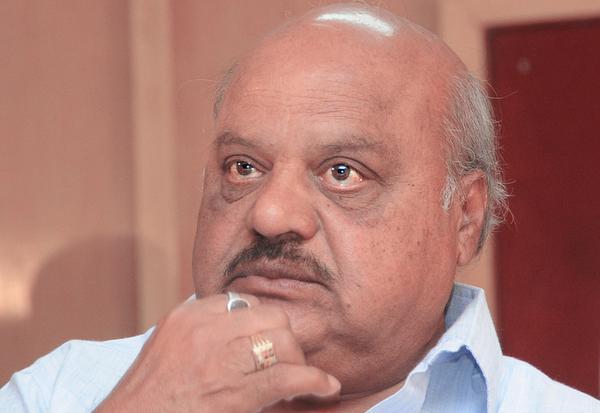
Boje Gowda rues India’s low 200-g consumption compared to 7-8 kg in the West
Bengaluru :
Boosting domestic consumption is crucial to protecting the interests of coffee growers, according to MS Boje Gowda, the newly-appointed coffee Board Chairman.
After 70 years, the Coffee Board has a grower as its chief in Boje Gowda, who is third generation planter. Till recently, bureaucrats headed the apex decision-making body for the coffee sector, under the Ministry of Commerce.
Gowda, of Krishnagiri Estate in Chikmagalur, takes over at a time when growers are grappling with volatile prices, fluctuating output that’s largely being influenced by a changing climatic pattern on account of erratic rainfall, and pest issues such as the white stem borer.
Addressing growers after assuming office, Gowda said the annual per capita coffee consumption in India is not even 200 grams, while in the western world it is 7-8 kg, thereby leaving tremendous scope to boost the domestic offtake. He said there was a need to boost consumption beyond the traditional consuming States of Karnataka, Tamil Nadu, Andhra Pradesh and Kerala. “It would become a difficult situation for the growers unless the domestic consumption expands,” he said.
Gowda, a large planter, said Prime Minister Narendra Modi has set a target of doubling coffee output from the current 3 lakh tonnes to 6 lakh tonnes. India consumes merely a third of the coffee produced in the country as over two-thirds of the output is exported, mainly to Europe and Russia.
Karnataka, the main growing region that accounts for about two-thirds of the country’s coffee output, has been reeling under a drought for the past three years. Gowda said he would focus on improving the water storage facilities and take up the growers’demand for higher subsidy for increasing the coverage of drip irrigation.
Coffee growers gets only 25 per cent subsidy on the equipment cost for taking up drip irrigation, while for other plantation products such as rubber and cardamom, the subsidy component is around 80 per cent, Gowda said.
Drones to forecast crop
Addressing growers, Coffee Board Secretary Srivatsa Krishna said the body was exploring the option of using drones for better crop forecasting. Krishna said the current crop estimation was not right and the Board was looking at ways to improve the crop estimate. The Board has been in talks with 7-8 start-ups on deployment of drones for improving the accuracy of crop forecast.
Krishna said the Board is also working on creating water harvesting solutions and is exploring options such as cloud seeding. On the issue of white stem borer, a pest that attacks plants of arabica coffee, Krishna said the board has reached out to biotech firms to evolve a solution and that pilots are being carried out in some plantations.
Highlighting the importance of branding, Krishna said the growers should come out with region-specific brands such as Chikmagalur and Mysuru.
source: http://www.thehindubusinessline.com / Business Line / Home> Agri Business / by The Hindu Business Line Bureau / Bengaluru – May 17th, 2017

